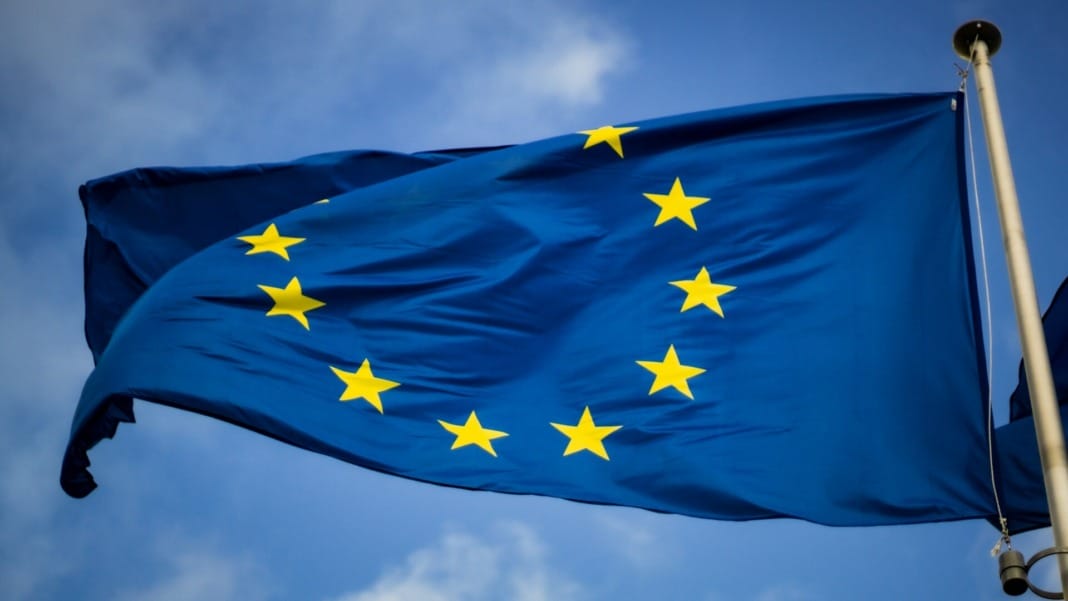The European Union (EU) Commission is taking significant steps to enforce the newly introduced Digital Markets Act (DMA), targeting the digital dominance of major tech companies. This legislation aims to rein in the influence of large ‘gatekeeper’ platforms, ensuring a fairer online marketplace. With the DMA having only recently come into effect, the EU is keen to demonstrate its commitment to these regulations, embarking on investigations into some of the biggest names in the tech industry, including Apple, Meta, and Google.
Investigations unfold under new regulations
Concerns over practices that potentially stifle competition and harm consumer interests are at the heart of these investigations. Google finds itself under scrutiny for allegedly favouring its own Google Play Store in search results, a self-preferencing practice that could undermine fair competition. Apple’s App Store is also being examined for its “steering” rules, which some argue could disadvantage alternative app providers. Meanwhile, Meta’s introduction of an ad-free subscription service has sparked debate, with critics arguing that it effectively forces users to pay for their privacy.
Furthermore, the EU Commission is delving into Apple’s revised fee structure for alternative app stores and Amazon’s product ranking practices. These inquiries reflect the EU’s broader ambition to ensure that gatekeeper platforms do not abuse their dominant positions to the detriment of competition and consumer choice.
The DMA’s objectives and its broader implications
The DMA represents a cornerstone of the EU’s efforts to promote a more competitive and transparent digital market. By designating specific companies as gatekeeper platforms, the EU aims to foster an environment where third parties can more easily interoperate with these platforms’ tools, enhancing competition and innovation. This legislation also seeks to empower users and businesses by granting them access to their data and ensuring more transparency from these digital giants.
The designation of Alphabet, Amazon, Apple, ByteDance, Meta, and Microsoft as gatekeeper platforms underscores these companies’ significant influence in the digital economy. The EU’s actions signal a determined effort to ensure this influence does not stifle competition or innovation.
Looking ahead: The potential impact of the DMA
As these investigations progress, industry observers and other regulatory bodies will closely watch the outcomes and potential penalties. The DMA, alongside the Digital Services Act (DSA), represents a bold attempt by the EU to set new standards for the digital economy, focusing on fairness, transparency, and competition. While it’s still in the early days, the implications of these regulations for both the targeted companies and the broader digital market will be significant, potentially setting precedents for future regulatory actions globally.
With the EU setting a firm stance against perceived anti-competitive practices, the tech industry may need to make substantial adjustments to comply with these new rules. How these companies respond, and the impact of these regulations on the digital market’s landscape will be critical developments to watch in the coming months and years.




